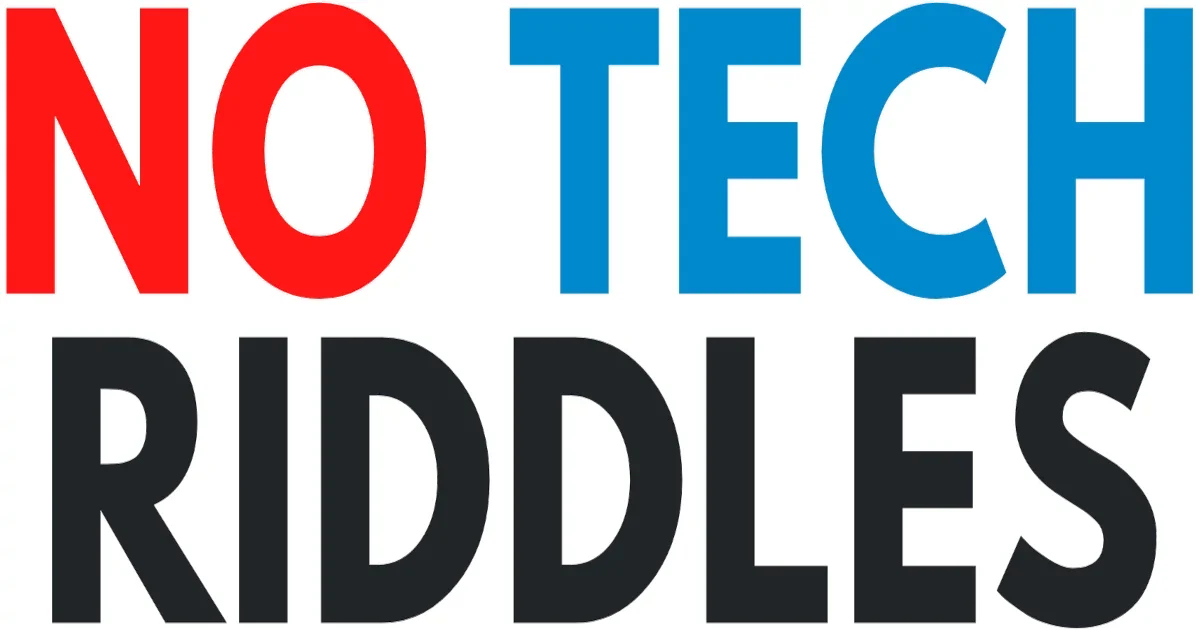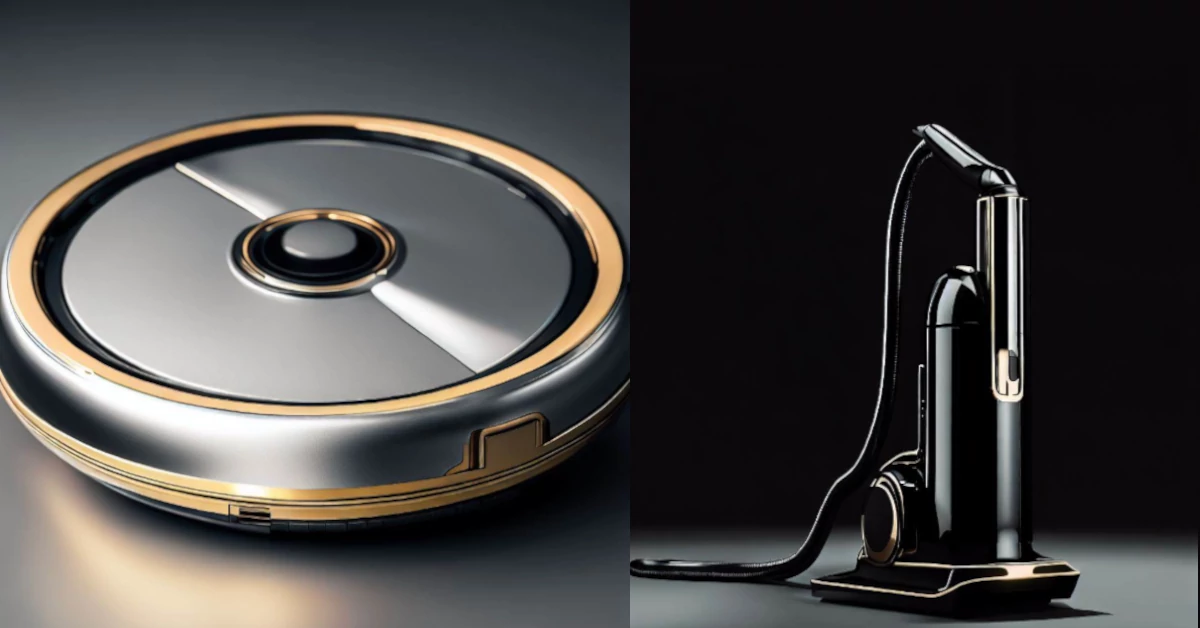Are you sick of sneezing and coughing all the time because of dust and allergens in your home? Do you want to breathe in clean, fresh air without worrying about particles that could be bad for you? HEPA technology is all you need.
This revolutionary filter is changing the way vacuum cleaners and air purifiers work.
It makes them cleaner than ever before.
In this article, I will explain what HEPA technology is, how it works, and why it is important for anyone who wants to improve the quality of the air inside their home.
Get ready to breathe easier and find out what HEPA can do.
Understanding HEPA Technology in Vacuum Cleaners

What is HEPA Technology?
A “high efficiency particulate air” (HEPA) filter is a type of pleated mechanical air filter.
HEPA filters are made of random arrangements of borosilicate glass or plastic fibers in a mat.
The HEPA filter has fibers that help catch particles of different sizes.
Particles in the air are caught by the air filter in three ways: diffusion, interception, and impact.
How Does HEPA Technology Work?
When gas molecules smaller than 0.1 microns bump into each other, they slow down and take longer to pass through the filter.
This is called diffusion.
Interception happens when airborne particles stick to a fiber.
Impact is when bigger air particles get stuck right in the fibers.
What Can HEPA Technology Remove?
Dust mites, pollen, pet dander, bacteria, viruses, and mold spores can all be caught by HEPA filters.
But HEPA filters do not get rid of molecules of gas and smell.
Benefits of HEPA Technology
Mechanical air purifiers use HEPA filters to clean the air and improve the quality of the air inside by getting rid of allergens and bacteria.
People with asthma or severe allergies find them especially helpful because they can catch pollen, mold spores, fine dust, pet dander, and other allergens and bacteria.
HEPA filtration technology cleans the air in homes very well, which is good for people’s health and well-being.
Limitations of HEPA Technology
HEPA purifiers are good at catching particles in the air, but they do not get rid of gases and odor molecules.
Also, it is important to remember that air purifiers may help limit exposure during allergy season, but small airborne particles will always find their way inside.
HEPA technology is a good way to get rid of particles in the air inside.
It works by using random arrangements of borosilicate glass or plastic fibers in a mat to catch airborne particles through diffusion, interception, and impact.
HEPA filters are often used in mechanical air purifiers to reduce allergens and bacteria and improve the quality of the air inside.
Studies have shown that air filtration reduces allergens in the air, which may help people with allergies in some ways.
But it is important to choose an air purifier with a HEPA filter that is the right size for the room where you plan to use it.
Filtration Efficiency: The Key to Understanding HEPA Technology in Vacuum Cleaners
When it comes to vacuum cleaners, filtration efficiency is a crucial factor that determines the quality of air you breathe while cleaning your home.
HEPA (High-Efficiency Particulate Air) technology is a popular filtration system used in modern vacuum cleaners that can capture up to 99.97% of airborne particles as small as 0.3 microns.
This means that HEPA filters can trap dust, pollen, pet dander, and other allergens that are invisible to the naked eye.
The filtration efficiency of a vacuum cleaner is measured by its ability to remove particles from the air, and HEPA technology is the gold standard in this regard.
So, if you’re looking for a vacuum cleaner that can provide you with clean and healthy air, make sure to choose one with HEPA filtration technology.
For more information:
Vacuum Filters 101: Efficiency, Types, & Maintenance

Benefits of Using a Vacuum Cleaner with HEPA Technology
What is HEPA Technology?
High-Efficiency Particulate Air is what HEPA is short for.
HEPA filters are made of woven fibers that trap and keep 99% of airborne microbes and particles, like pet hair, seasonal dander, and tobacco smoke.
There are three steps in the process: interception, impact, and diffusion.
For a vacuum cleaner to get a HEPA seal of approval, it must be able to catch at least 99.97% of its emissions down to 0.3 microns in size.
A real HEPA filter can get rid of at least 99.97% of dust, pollen, mold, bacteria, and any other particles in the air that are small enough for it to clean.
Benefits of HEPA Technology
Pollen, pet dander, dust mites, and smoke are all taken away very well by HEPA filters in vacuums.
In a normal vacuum, these particles would go back into the air.
Vacuums with HEPA filters catch the dust instead.
By using a vacuum cleaner with HEPA technology, tiny particles that can cause or worsen asthma, allergies, or breathing problems are removed from the living space.
This makes the indoor air quality much better.
HEPA filters get rid of allergens and do a much better job than regular vacuums of making sure a place is clean and free of allergens.
Vacuum cleaners with HEPA filtration do not send allergens back into the air.
Instead, they trap the dirt.
A non-HEPA vacuum will not get rid of as many dust mites, allergens, and other particles from the air as a HEPA vacuum will.
But for the best results, you should also use an air purifier and clean the room well and try to get rid of allergen sources.
HEPA technology makes vacuums more powerful by catching small particles that regular vacuums would leave behind.
When you vacuum with a HEPA filter, you send less dirt and fewer tiny dust mites back into the room.
There is evidence that a HEPA vacuum with well-made seals can help improve the quality of the air inside by keeping allergens from getting out of the filter and back into the air.
What to Look for When Purchasing a HEPA Vacuum
It is important to remember that not all “HEPA” filters are made the same way.
A true HEPA filter can catch particles as small as 0.3 microns with a 99.97% efficiency rating, while a “HEPA-type” filter can only catch particles as small as 0.2 microns with a 99% efficiency rating.
Look for a true HEPA filter when shopping for a HEPA vacuum.
Some vacuum cleaners also have HEPA filters in systems that are not well sealed.
There is a lot of dust getting in through the seams in their cases, which makes them much less effective.
Look for a vacuum cleaner with good seals that will keep allergens from getting out of the filter and back into the air.
The quality of a HEPA filter affects how long it will last.
Some filters can be washed and can last for a long time, up to five years in some cases.
Some HEPA filters, on the other hand, are permanent and can not be washed or changed.
In this case, the filter needs to be cleaned with a hose and a vacuum.
HEPA technology is a very good way to improve the quality of the air inside by getting rid of small particles that can cause or make asthma, allergies, or breathing problems worse.
When you vacuum with a HEPA filter, you send less dirt and fewer tiny dust mites back into the room.
When looking for a HEPA vacuum, look for one with a real HEPA filter and well-made seals to keep allergens from getting out of the filter and back into the air.
Even though HEPA filters are more expensive than other filters, the extra money is worth it to protect our health.
Maintenance of HEPA Filters in Vacuum Cleaners
Understanding HEPA Technology in Vacuum Cleaners
High-Efficiency Particulate Air (HEPA) filters are different from other types of filters.
HEPA filters are made of thin fibers of glass and materials based on activated carbon.
Regular filters are made of porous materials like cotton paper sheets and polyester.
HEPA filters work by forcing air through a fine mesh that catches allergens and irritants like smoke, dust, dirt, pollen, and pet dander that could be harmful or irritating.
The HEPA filter catches dirt and dust particles in three different ways: some particles hit the filter fibers and get caught; others stick to the fibers as they pass by; and still others hit each other and get sucked into the filter fibers.
True HEPA Filters versus Other Types of HEPA Filters
A True HEPA filter is not the same as a regular HEPA filter.
True HEPA filters say they can get rid of more than 99.97% of particles smaller than 0.3 microns.
But not all “HEPA” filters are made the same.
Some are rated to catch particles of different sizes, measured in microns.
It is important to know the difference between True HEPA filters and other types of HEPA filters when looking for portable air purifiers for your building.
Other Contaminants in the Air
Even though HEPA filters get rid of most of the harmful particles in the air, there are still a lot of other harmful substances in the air that are not particles.
VOCs (Volatile Organic Compounds) can be dangerous, but a HEPA filter can not catch them.
Pleated filters (HEPA-like or HEPA-type) have extended surfaces with cotton or polyester media that is usually 1 to 6 inches thick, but they do not meet the U.S.
Department of Energy’s definition of a true HEPA filter.
Up to 99.97% of microscopic particles between 0.1 and 0.3 microns are removed from the air by Medical Grade HEPA.
This type of filter is tested in a controlled environment and removes contaminants from indoor spaces effectively.
Determining if Your Vacuum Cleaner Has a HEPA Filter
If you want to know if a vacuum cleaner has a HEPA filter, look at the filter for a serial number and test results.
True HEPA filters are given a serial number and have been shown to catch at least 99.97% of particles larger than 0.3 microns.
The standard test size is 0.3 microns because most filters work better with both smaller and bigger particles.
If the filter does not have a serial number, it is probably a HEPA-type filter that may not meet true HEPA standards.
If you have a Dyson vacuum cleaner, you can tell if it has a HEPA filter by looking at the filter itself.
Not every Dyson vacuum has a HEPA filter, but a lot of them do.
Some Dyson vacuums have only one filter, which may or may not be HEPA.
Other Dyson vacuums have two filters: one before the motor and one after it.
Having two separate filters makes it less likely that some dust or dirt will get through the cracks and back into your home.
Potential Downsides of Using a Vacuum Cleaner with HEPA Technology
HEPA Technology: What You Need to Know
HEPA filters are a common part of vacuum cleaners.
They remove particles like pollen, pet dander, dust mites, and smoke effectively and clean the air well.
But you should know that there are some problems with using a vacuum cleaner with HEPA technology.
Proper Sealing is Key
If a HEPA-rated filter in a vacuum is not properly sealed so that particles can not get out, it could do more harm than good by spreading allergens all over the house.
It is important to make sure that your vacuum cleaner is sealed well so that no dust can get out.
HEPA is Not a Cure-All
Even though a HEPA vacuum will get rid of more dust mites, dust, and other allergens from the air than a non-HEPA vacuum, it should not be your only tool against allergens.
It is also important to clean the air properly and try to get rid of allergen sources.
Check for US HEPA Standard
You can not be sure that a filter works just because it says “HEPA” on the box.
It is important to make sure it meets the U.S.
HEPA standard, which says that it should catch 99.97% of particles that are 0.3 microns or larger.
Small Particles Can Trigger Health Issues
There are many benefits to getting rid of these air particles, especially for people with asthma, allergies, or breathing problems.
However, small particles in the air that would be left behind by normal vacuums can cause or make these conditions worse.
For the best results, you need to use a real HEPA filter, not just a filter that looks like a HEPA filter.
Conclusion

In the end, HEPA technology has changed the way we clean our homes and workplaces.
It has become an important part of modern vacuum cleaners because it can pick up even the smallest particles.
As a vacuum cleaner owner, you should know what HEPA filters are and how they can help improve the air quality in your home.
But it is important to keep in mind that HEPA filters are not a cure-all.
Even though they can catch a wide range of pollutants, they can not get rid of all of them.
It is important to keep the air quality in your home high by cleaning it often, using natural cleaning products, and making sure there is enough ventilation.
When looking for a vacuum cleaner, you should make sure it has a HEPA filter.
But do not let this be the only thing you think about when making a choice.
Think about things like the suction power, how easy it is to move, and how loud it is.
At the end of the day, HEPA technology is just one part of keeping a healthy home environment.
By looking at the air quality in your home as a whole, you can make sure you and your family are breathing clean, healthy air.
So, the next time you go shopping for a vacuum cleaner, remember to look for one with a HEPA filter, but also keep in mind the bigger picture of keeping a healthy home.
Looking for a new robot vacuum?
Choosing a gadget can be very difficult if you know nothing about the technology.
Some will pay for features they do not need while others may not consider what they really want.
So I created this quick, newbie guide to help you focus on what is really important to you:
The best robot vacuum for you.
My article on the topic:

